Profiles in COVID: Dr Syed Haider
Just start moving in the right direction and soon enough you'll be flying forward.
Early in 2020 I was working in a hospital in a beautiful, sleepy, little coastal South Carolina town.
It was a Long Term Acute Care hospital, which takes patients from the usual acute care hospitals who need prolonged in hospital care - so people who require prolonged vent weaning, or physiotherapy, or antibiotics, etc. They would usually come to us after they had been stabilized and put on a course to recovery and we would manage them until they were finally discharged.
I hadn’t planned to end up in such a laid back and easy role, essentially one step above a nursing home, but for years I had been going wherever the winds of change happened to blow me: I was what’s called a locum tenens doctor, a fancy Latin term for a part-time, on demand independent contractor physician. I filled in the gaps. If a hospital was in between docs I would show up and hold down the fort until they could recruit someone to stay on long term.
Thank you for reading Dr. Syed Haider. This post is public so feel free to share it.
Someone somewhere was always retiring or moving and there are thousands of hospitals in small towns all over the country that can often attract only immigrant physicians to fill in for a few years at a time - those docs are required by the terms of their visa to work in underserved communities for a couple years before they’re able to move on to bigger and better things. So there was always plenty of work here or there. It required a lot of flexibility and travel, but I did it because I could dictate when and where I worked and for how long. I could literally tell my recruiter I wanted a job in such and such state from this date to that date with such and such responsiblities at such and such hourly rate. I might work for a few weeks or months and then take off for a few weeks or months and travel with my family or work on other projects.
Through the years I had worked in both large and small hospitals, in both rich and poor communities. I had worked in busy ERs, ICUs and step down units, I had admitted dozens of patients a night, and rounded on dozens of patients in the day, and I had also worked in tiny out of the way hospitals with just 5 patients at a time and rarely a new admission which meant sitting around for hours doing nothing, or filling up my free time hiking in the nearby woods with my beeper in case something happened that I had to go back to address (this was only possible in the rare case when any outright emergencies were the sole responsibility of the ER doc to stabilize and I didn’t need to be within the immediate vicinity of the hospital at all times).
Free Long COVID/Vax Injury Webinar
So when the pandemic hit I just happened to be in the LTAC somewhat out of the way of the hotspots. For weeks we weren’t even allowed by management to accept COVID cases. Then we finally started allowing them in, but they were still very rare. During this time in early 2020 I travelled to and from South Carolina back to Jordan where my family was staying (I tried going to the front lines in NY as soon as my scheduled time in SC was up, but the hospitals cancelled on me at the last minute - literally the night before I was to fly in - then I watched nurses dancing on tick tok for the next 2 years while there were zero locums jobs anywhere in the country). We were being told to mask up in planes and I thought it was ridiculous, it was just another virus after all. I would get it and get on with my life.
I’m not sure if I caught it from someone in the hospital or during my travels, and initially it was your run of the mill flu, not nothing, but not terrible. I was somewhat sick for about a week. The most bizarre thing was the complete loss of taste and smell despite having no nasal congestion- this was obviously different than the usual viruses. All the symptoms went away within a week or so except the loss of taste and smell which took a couple months to return.
At this point I had done no research into specific treatments, though I had heard of hydroxychloroquine being likely to work. I never considered taking anything, because I didn’t think there was any need to. I had always been averse to taking anything really, I would just power through and get over it and move on with my life.
Then I started having anxiety, palpitations, and insomnia. Chronic headaches became more frequent. Sometimes I had difficulty finding words. It became very difficult to get to sleep at night, and once asleep I would wake up multiple times a night with numb arms and hands, and then like clockwork at 3-4 am and be unable to get back to sleep again. When I lay down at night my thoughts would be racing and my heart would start pounding in my neck. Occasionally I had shortness of breath with exertion.
At first I just put up with it and tried to ignore it, but eventually I had to do something, so I tried the Chi Kung techniques I had learned years before - a type of meditative movement that is not religious in nature, but a methodology for relaxing, quieting the mind, and encouraging bioenergy to flow - ie blood and lymph and bioelectricity and everything else. These techniques helped a lot, and stress in general played a part in the severity of the symptoms, which were quite variable over time. I put up with a lot of the anxiety as just a matter of course, an exercise in patience. In retrospect there were times when the symptoms were very well controlled likely due to decreased work stress, better diet, increased sun exposure and more time spent outdoors.
As time went on I started to understand that this was long COVID I was experiencing.
Now I know I was likely more susceptible to it because I always had very low vitamin D levels, a history of occasional anxiety and depression in my teens, autoimmune disease (mild psoriasis) and was a bit overweight to begin with.
In early 2021 I became incredibly busy prescribing off label meds for prevention and treatment of COVID. I was soon working 15+ hours a day 7 days a week, and often late into the night calling sick patients so they wouldn’t have to wait to get their meds. I was under a lot of stress and not taking any breaks. I started gaining weight and a lot of grey hair. My symptoms started getting worse.
But doctors as a rule make the worst patients. I didn’t take vitamin D, or ivermectin or turmeric or anything. I just kept ploughing ahead, doing my work and getting by with some chi kung and breath work, assuming this thing would gradually disappear of its own accord. I hired a lot of support staff to help me get things under control.
In early 2022 things started slowing down, and we started shifting more to treating long COVID and vaccine injuries.
I learned to treat them via modified FLCCC protocols. I saw incredibly rapid recoveries in many who took ivermectin. One patient had been suffering with severe anxiety for over 6 months and been consistently told it had nothing to do with COVID - he had no definitive proof he had had COVID - he tested late and negative, he didn’t develop antibodies, etc. Even I was ready to dismiss him at first, but I went ahead and tried ivermectin and his symptoms vanished within a couple days. There were many others and it wasn’t just ivermectin, some got better with antihistamines, one simply by taking ibuprofen, some with hydroxychloroquine, some with steroids, some with supplements like turmeric, resveratrol, NAC, fish oil, etc. Everyone seemed to be able to find something that worked for them.
I gave ivermectin a half hearted try for a couple days and didn’t notice any changes - I would have told a patient to keep going, double the dose, triple the dose, wait longer - but I was never big into medication anyway. Once I decided to really do something I would first exhaust lifestyle approaches before moving on to perhaps supplements and herbs, before finally moving on to medications as a last resort and only if the matter was severe and demanded treatment (I had put up with mild and sometimes moderately severe psoriasis for decades without even using over the counter steroids).
One day I came across a podcast on the science behind cryotherapy. One new bit of information for me was that it had been shown to increase baseline dopamine levels - which are directly linked to motivation.
Many of us have fried our dopamine pathways by constantly stimulating them with little dopamine drug hits via social media, video games, youtube, Netflix, pornography, fast driving, risk taking, constant alerts, addictive foods, etc. The more spikes we have the lower our baseline levels get. I’m not the worst offender when it comes to overstimulating my dopamine pathways, but I’m certainly far from a saint.
I figured, hey, maybe if I can hack my dopamine system I can increase my motivation to make serious lifestyle changes, to balance things out, start doing all the things I know I should be doing - exercise, eating right, getting sun, sleeping early, spending quality time with family, etc, etc, etc.
So I took the plunge. I bought bags of ice every day for a week and filled up the tub with ice water and jumped in for as long as I could - way less than a minute in the beginning. It was insanely cold, and very hard to do. I would often spend 5-10 minutes mulling it over trying to work up the nerve to jump in before actually doing so.
But it was invigorating, and I just liked the idea of it. The difficulty and the struggle to stay in and the little win of staying a bit longer than the day before.
And without even realizing it at first my long COVID symptoms disappeared completely within days of starting.
This is really important, because it’s a universal human trait, that has to be taken into account by both physicians and patients: we actively forget things. both good things and bad things. If we aren’t constantly reminded, anything and everything will just disappear from awareness when it stops existing. So it took me a couple weeks to realize that hey, there was no anxiety, no insomnia, no neuropathy waking me up at night, it was all completely gone and it had disappeared within days of starting.
I kept going because I liked the challenge, in fact I set up a DIY cold plunge unit in my garage so I could stop buying bags of ice, but I did note that when I travelled and couldn’t do the cold plunge for a couple weeks at a time, it didn’t matter, the symptoms didn’t come back.
After 6-8 weeks I also started to realize that I was more motivated and more productive. I was just getting more done. After a couple months I decided to start dialing in my sleep, and sun, and food, and start exercising. Within months of starting my entire life started to transform for the better and the more I changed the easier change became.
So maybe it was all baseline dopamine after all, or maybe it just happened to coincide with the stars aligning and my deciding to turn over a new leaf. If the story we tell ourselves is helpful then great, if not we can let it go and get a new one.
I later learned there are so many other things that can increase baseline dopamine levels - food, sun, sleep, heat therapy, exercise, meditation, touch and social connection, weight loss, fasting from excessive dopamine triggers, etc.
Anything you decide to do to start getting healthy will snowball into a much better life.
So what’s really important is to just take that first step without worrying about everything else that it would take to be healthy again: just do one thing and stick to it, and the rest will follow naturally.

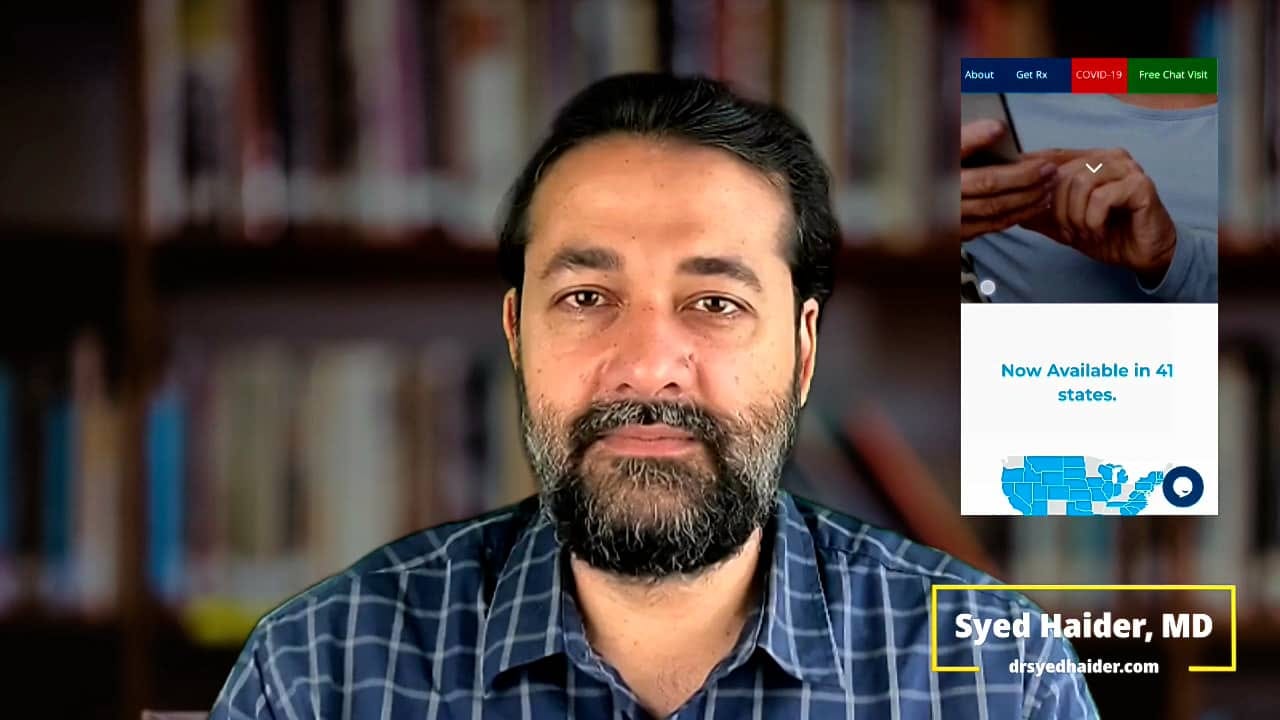
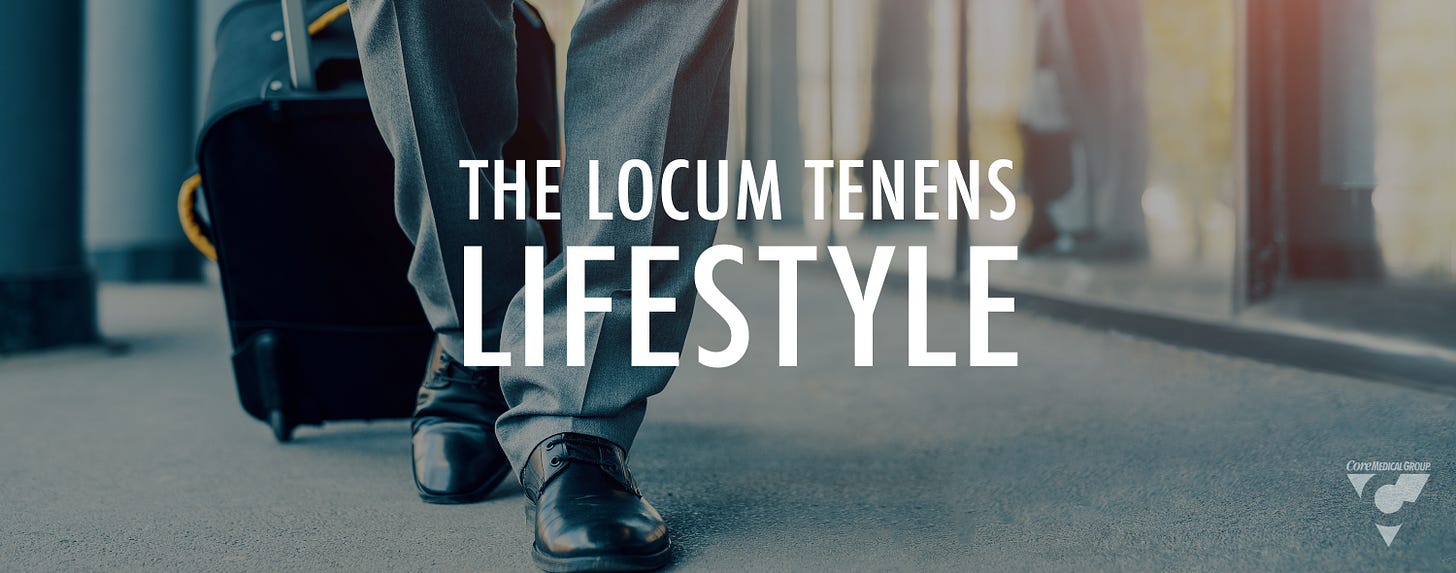
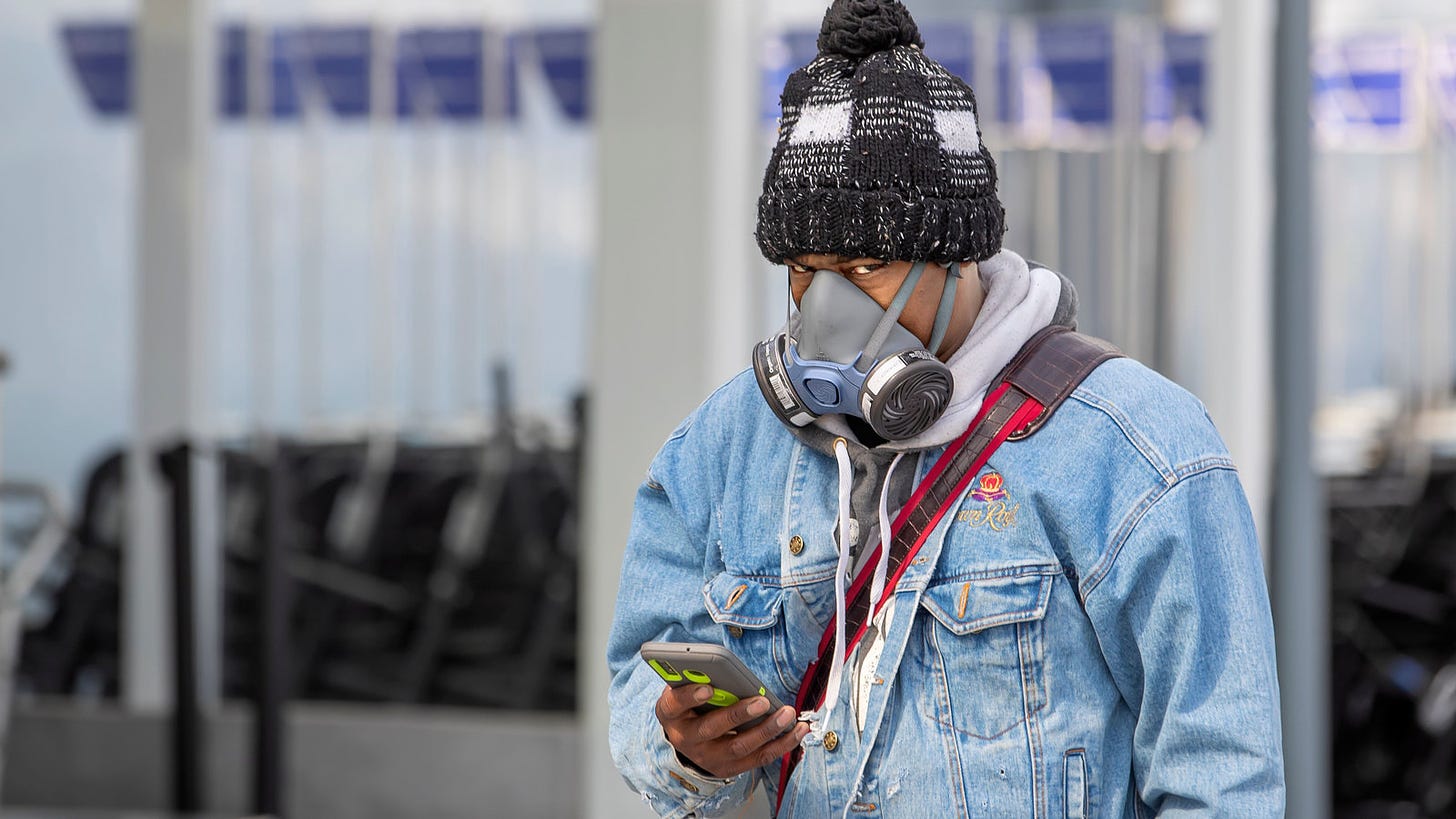
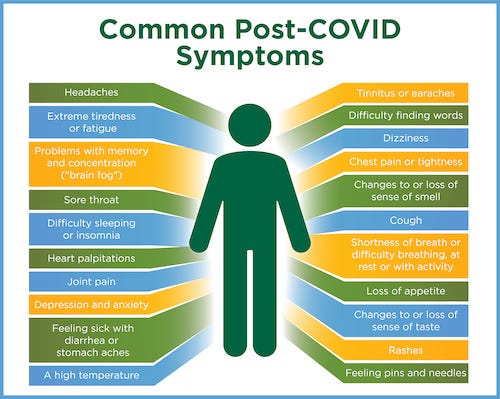
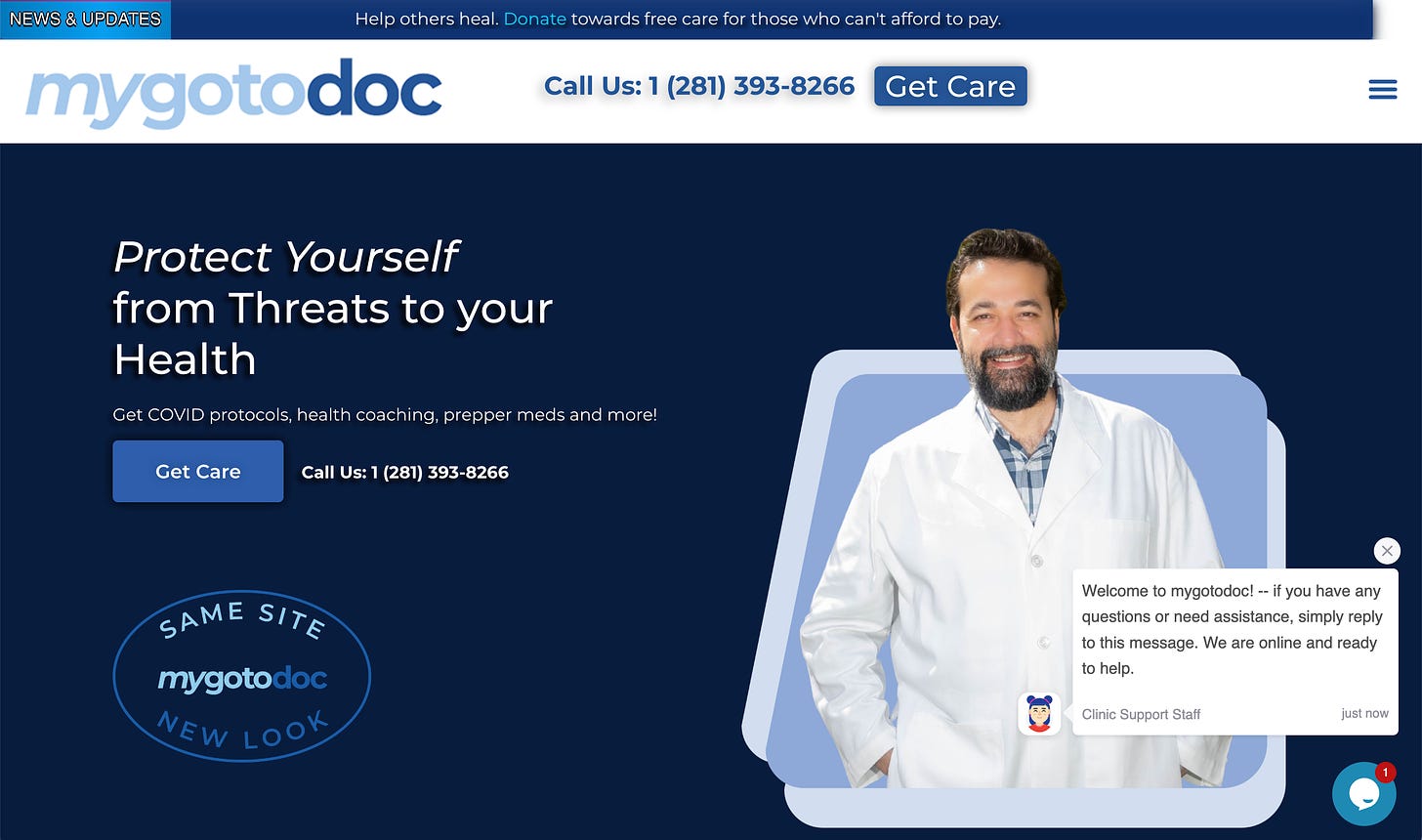
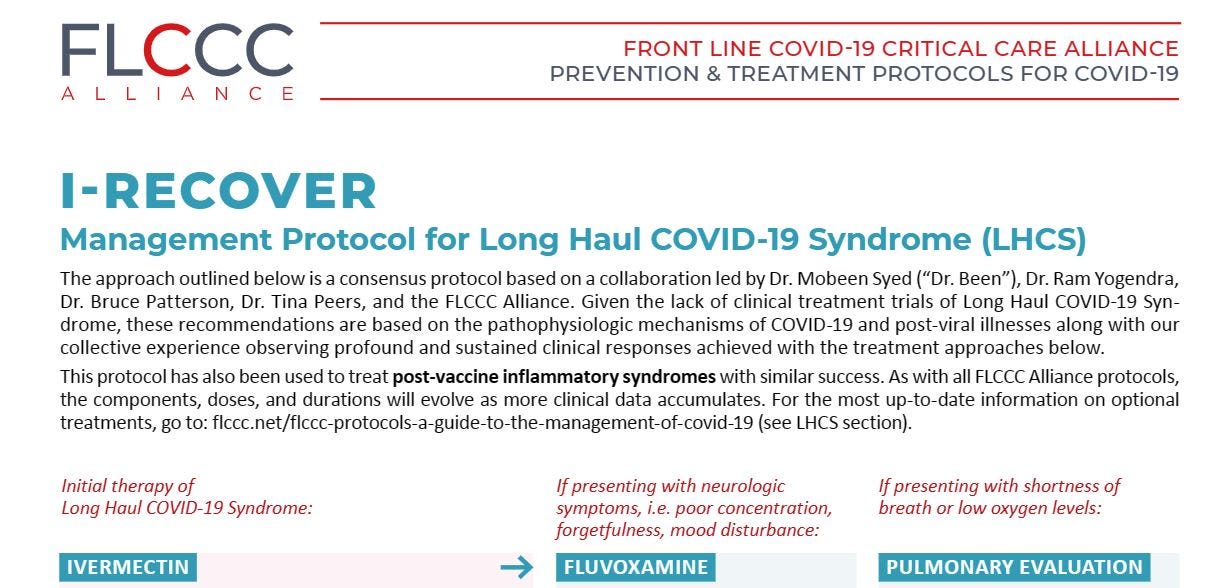
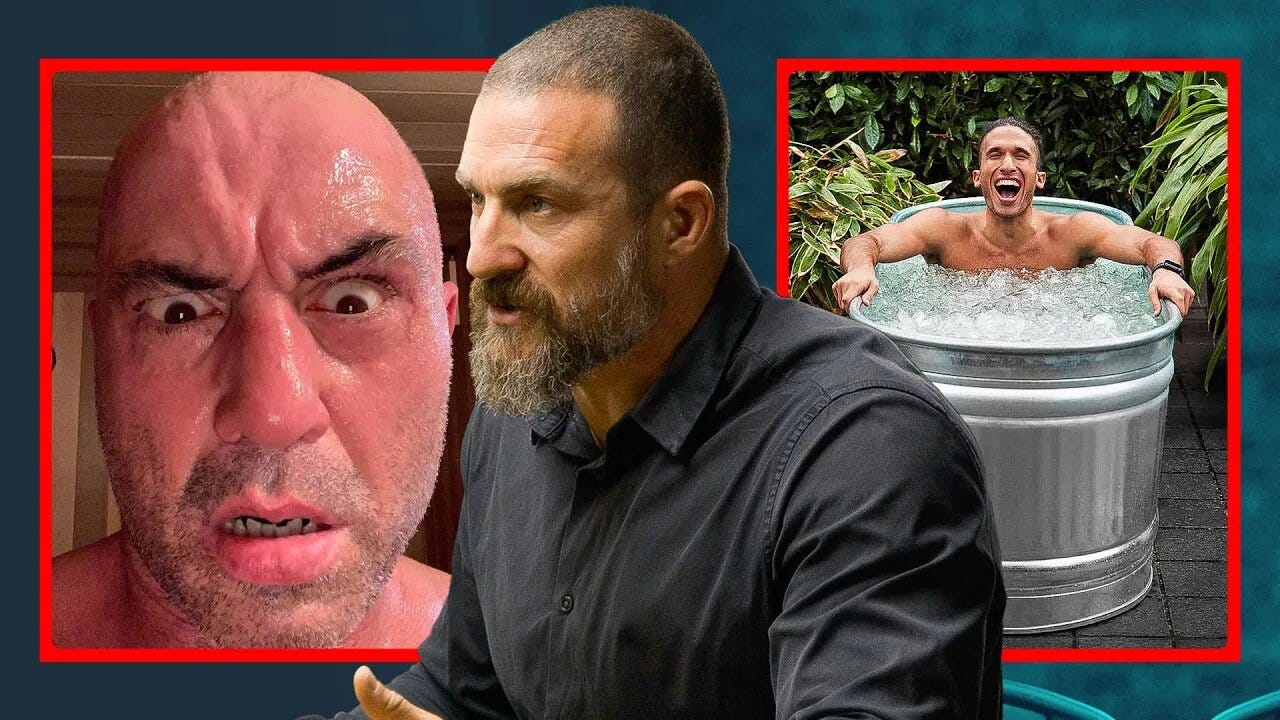
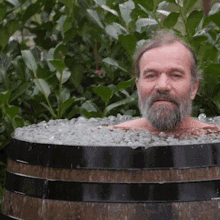
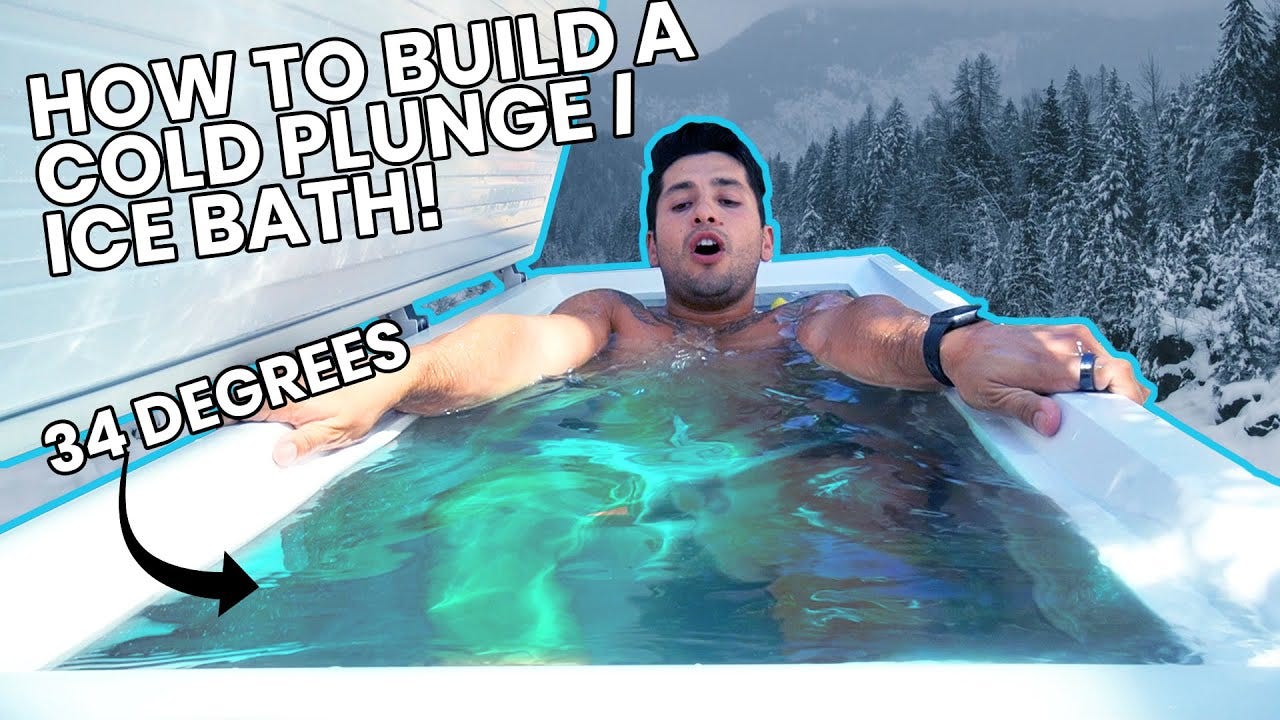
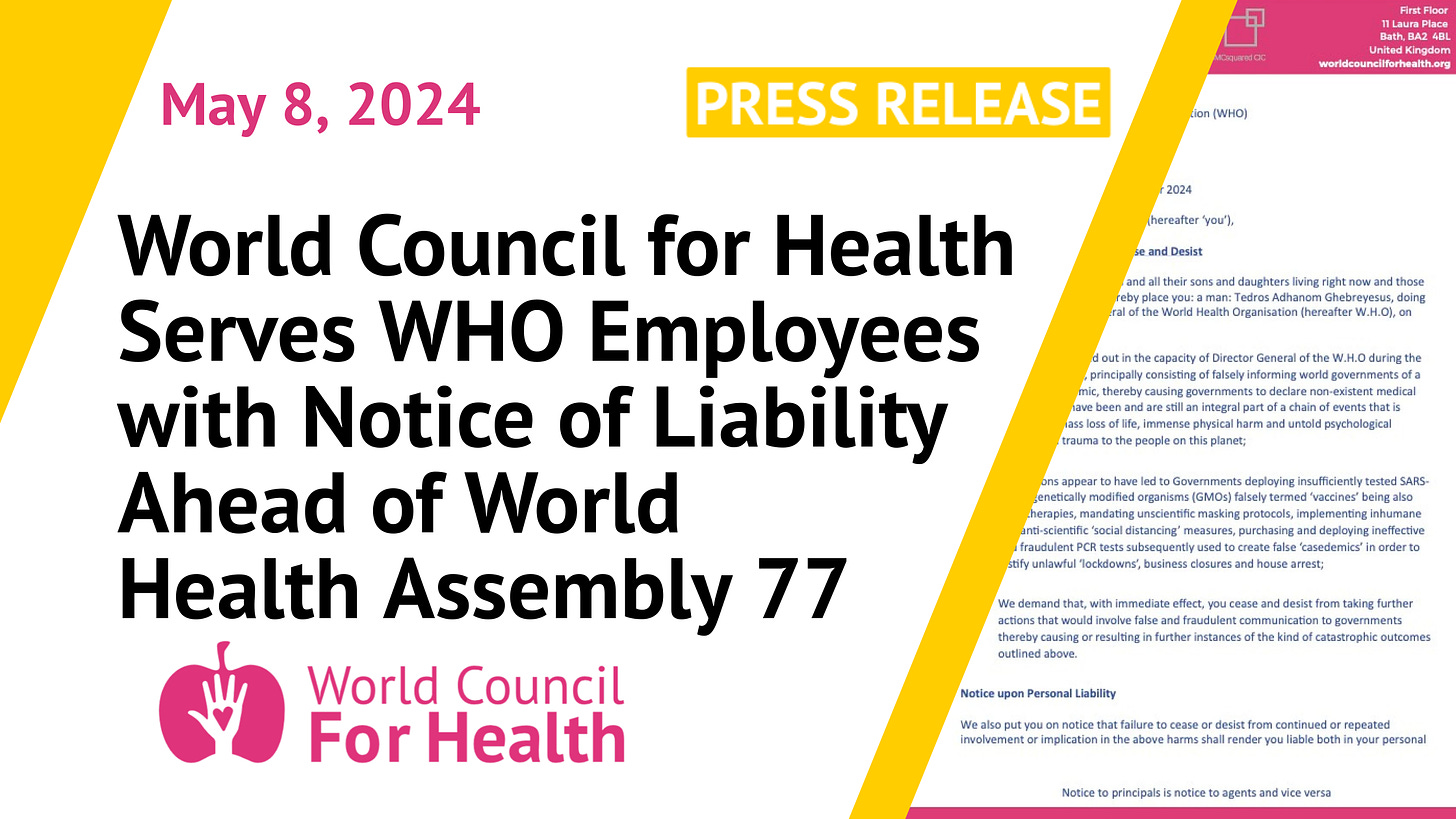
No comments:
Post a Comment